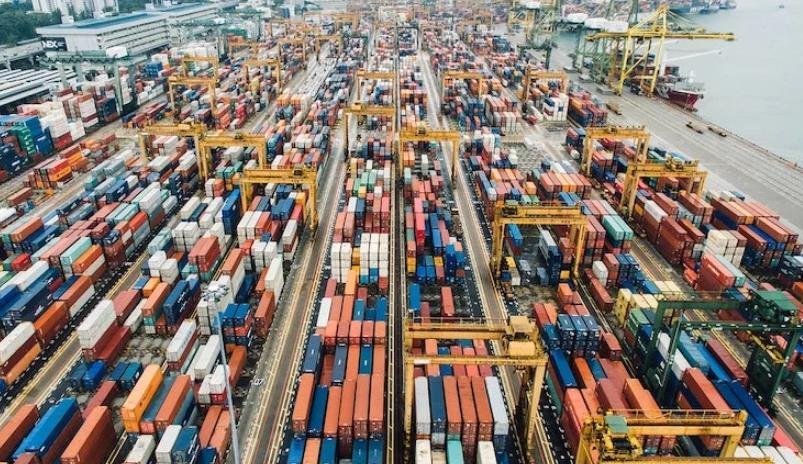Egypt and the United Arab Emirates have agreed on a $35 billion deal to develop a premium coastal area in Egypt and to invest in other strategic projects, in a move that could help Egypt overcome its foreign currency crisis and strengthen its relations with the Gulf state.
The deal, which was announced on February 23, 2024, by Egyptian Prime Minister Mostafa Madbouly and UAE Minister of State for Foreign Affairs Anwar Gargash, is the largest foreign direct investment in Egypt’s history, according to Madbouly. The deal involves two main components:

- The Abu Dhabi-based sovereign wealth fund ADQ will acquire the development rights for Ras El-Hekma, a coastal area west of Alexandria, for $24 billion. The fund will lead a consortium that will develop the area into a world-class destination, with residential, commercial, tourism, and entertainment facilities. The project is expected to attract more than $150 billion in additional investments and to create thousands of jobs for Egyptians.
- The UAE will also invest $11 billion in other key sectors and projects in Egypt, such as infrastructure, energy, agriculture, health, and education. The funds will come from the UAE’s deposits at the Central Bank of Egypt, which will be converted into investments. The projects will aim to enhance the economic and social development of Egypt and to foster cooperation and integration between the two countries.
A Win-Win Situation for Both Countries
The deal is seen as a win-win situation for both Egypt and the UAE, as it will benefit their economies and their strategic interests. For Egypt, the deal will provide a much-needed boost to its foreign currency reserves, which have been dwindling due to the COVID-19 pandemic, the Russian invasion of Ukraine, and the Houthi attacks on the Suez Canal. The deal will also help Egypt diversify its sources of income and reduce its dependence on tourism and remittances, which have been hit hard by the regional and global crises.
For the UAE, the deal will expand its presence and influence in the region, especially in North Africa, where it has been competing with Turkey and Qatar for political and economic clout. The deal will also strengthen its ties with Egypt, which is a key ally and partner in the Gulf Cooperation Council and the Arab League. The deal will also enhance the UAE’s reputation and image as a leader and a supporter of development and stability in the Middle East and beyond.
A Positive Step Toward a New Deal with the IMF
The deal could also pave the way for Egypt to reach a new agreement with the International Monetary Fund (IMF), which has been urging Egypt to devalue its currency and to implement more reforms to improve its fiscal and monetary situation. Egypt has been reluctant to take these steps, fearing the social and political repercussions of a currency devaluation, which could increase inflation and poverty. However, with the influx of foreign currency from the UAE, Egypt could have more confidence and flexibility to adjust its exchange rate and to negotiate better terms with the IMF.
Madbouly said that the deal with the UAE leaves Egypt “very, very few steps” away from reaching a new deal with the IMF, which could provide more financial and technical assistance to Egypt. He said that the deal with the UAE is a “message of confidence” from the Gulf state to Egypt and to the international community, and that it shows that Egypt is a safe and attractive destination for investment and development.
